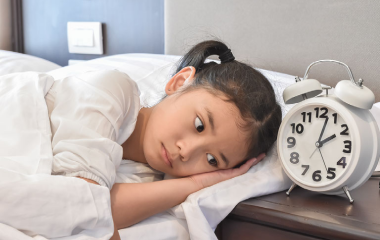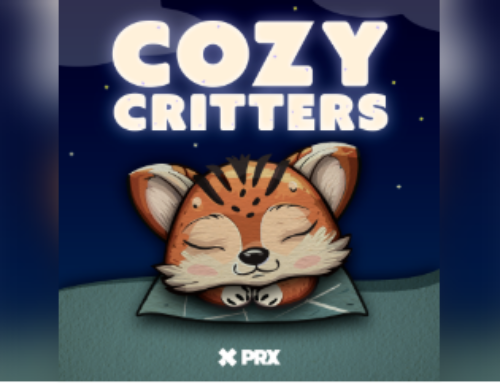Attention-deficit/hyperactivity disorder (ADHD) is related to behavioral and emotional problems. Research also shows a link between ADHD and sleep problems in children.
A study in the April 7 issue of the Archives of Pediatrics & Adolescent Medicine indicates that sleep problems are common in children with ADHD. The study involved 239 schoolchildren with ADHD. Their average age was 11.7 years. Results show that 73.3 percent of the children had sleep problems. For 44.8 percent of these children, the sleep problems were moderate or severe.
The children with ADHD and sleep problems also were more likely to miss school or be late for school. Their caregivers also were more likely to be late for work.
ADHD is a developmental problem. It tends to begin during childhood. Children with ADHD may act without thinking. They tend to be hyperactive and have trouble concentrating. Often they are unable to sit still or pay attention. Parents of a child with ADHD may experience stress, anxiety and depression.
The National Institutes of Health (NIH) reports that ADHD is common in children. It affects three to five percent of children. This represents about two million children in the U.S.
A study in the journal Sleep in 2006 reported that children with ADHD have higher daytime sleepiness. Another study in the Journal of Clinical Sleep Medicine in 2006 noted that children with ADHD and an anxiety or mood disorder are more likely to report sleep problems.
Some of the more common sleep disorders in children with ADHD include:
- Insomnia
A recent study at Harvard Medical School involved children with ADHD. The children were between six and 17 years of age. They were much more likely to have insomnia than other children their age.
- Snoring
A study of 866 children was published in Pediatrics. The children were between the ages of two and 13. Inattentive and hyperactive children were more likely to snore. They also were more likely to have other symptoms of sleep-disordered breathing. A common form of sleep-disordered breathing is obstructive sleep apnea.
- Restless Legs Syndrome & Periodic Limb Movements
A survey of parents was published in the journal Sleep. Their children were between two and 14 years of age. Results linked inattention and hyperactivity to symptoms of restless legs syndrome and periodic limb movement disorder.
The NIH reports that symptoms of ADHD include:
- Being easily distracted
- Having a hard time concentrating
- Being forgetful
- Having problems organizing ideas and belongings
- Acting impulsively
The American Academy of Sleep Medicine recommends that pre-school children get 11 to 13 hours of nightly sleep. Schoolchildren should get 10 to 11 hours of sleep each night.
It is important to make sure that your child gets enough sleep and sleeps well. If your child has an ongoing sleep problem, then you should talk to your child’s doctor or to a sleep specialist. Help can be found at sleep disorders centers that are accredited by the American Academy of Sleep Medicine. You can find an AASM-accredited sleep center near you.





